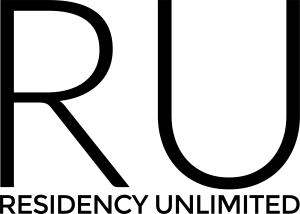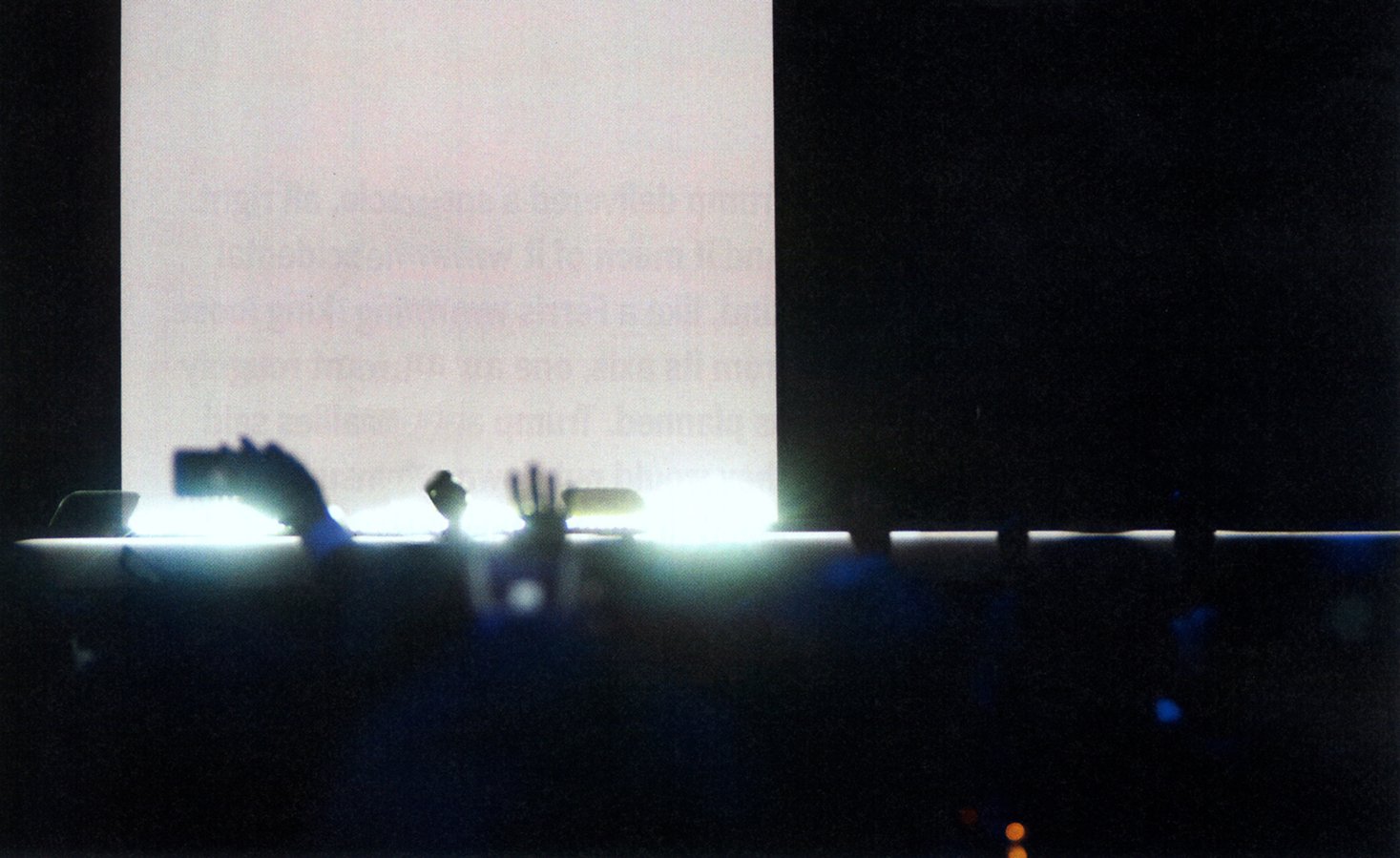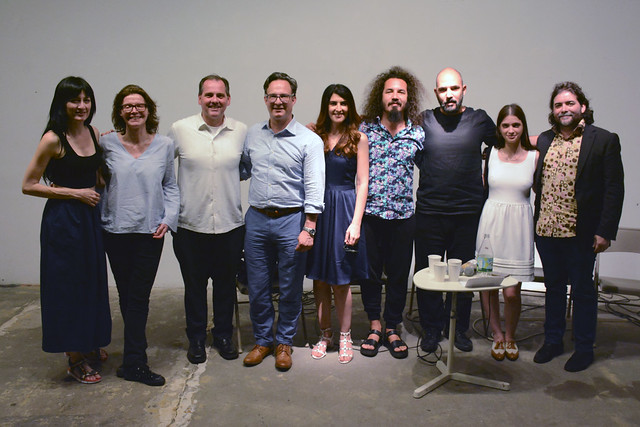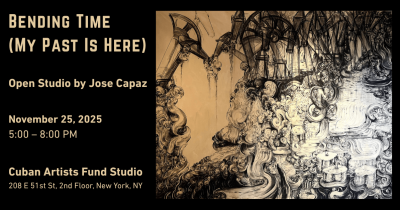Friday, May 19, 2017
6:30pm (free and open to the public)
Residency Unlimited (RU)
360 Court Street (enter the Church through the main entrance)
Brooklyn, NY 11231
Please join the artists Yornel Martinez Elias and Reynier Leyva Novo as they discuss their respective practice within the social, cultural, and political context in Cuba. With writer Joaquin Badajoz and the curator Mailyn Machado.
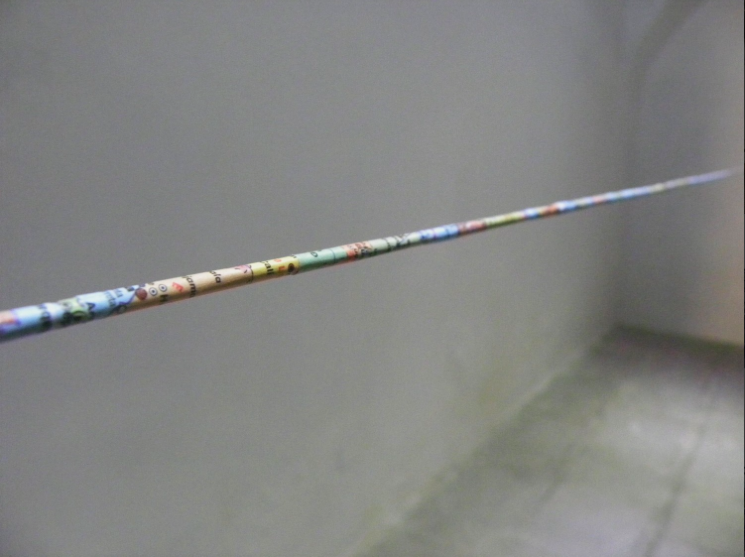 Yornel Martinez: Pure Land, 2014, Steel cable with map
Yornel Martinez: Pure Land, 2014, Steel cable with map
Yornel Martinez‘ creative practice ties the knot between two major graphomanias: the obsessive impulse of translating ideas into words and visual images, filling any empty space with scrawls or calligraphies which helpfully would become visual art or literature, and shifting them out in a new volatile state in which the art erase the edges. While Martinez’s artwork is embedded of the poetic minimalism and demureness of the art idea, it actually goes far beyond Conceptualism and beyond Sol Lewitt’s peregrine ascertainment of that “the idea or concept is the most important aspect of the work” — into pursuing a more singular achievement, a post conceptual approach toward the creative act. Rather than transposing and borrowing criteria from one field to another, he is breaking, reformulating and pulsing the borders of genres fusing them into a more complex challenge, the dissolution of the particular semantics into the unifying idea of art as a poetic fact.
Text by Joaquin Badajoz.
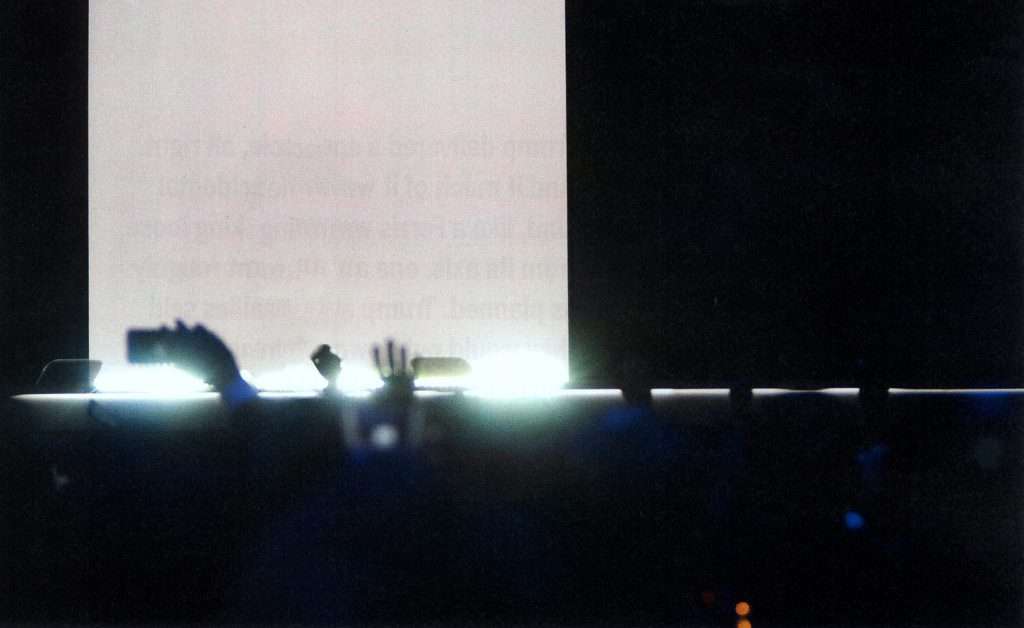 Reynier Leyva Novo: A Happy Day (Donald Trump), 2017, Corrected photograph, Inkjet print on photo rag hahnemuhle paper
Reynier Leyva Novo: A Happy Day (Donald Trump), 2017, Corrected photograph, Inkjet print on photo rag hahnemuhle paper
Excerpt of Chapter 8. From the Desire to Die for Others: The contextualization of the narrative of the nation’s different stages —from how the Island entered written history to the ongoing reinvention of the revolutionary social project— emerge with a rereading of nationalism and its symbols through the art of Reynier Leyva Novo (Havana, 1983). Novo’s work illustrates the ways in which national discourse is produced and unfolds. It uses history, mythology, and those symbolic elements that activate an imagined commitment to the nation, to reveal their obsolescence, and to propose new forms of recognition and political participation. In short, it is the pre-text for rehearsing a revision of Cuban nationalism from its genesis to its appropriation by the socialist program of the Revolution.
Text by Mailyn Machado, from the book Fuera de revoluciones. Dos décadas de arte en Cuba. Leiden: Almenara, 2016
Audio of the discussion:
Video Documentation
About the artists:
Yornel Martinez is a post-conceptual artist who subverts the function of discursive elements –books, fonts, texts, archives– in order to alter their meaning. Creating a connection between words and image plays a leading role in his practice. Martinez’s interests reside in “visually transcending limits of language”,inviting other artists to participate in the deconstruction and reconstruction of textual objects and their related environments. For the XII Havana Biennial in 2015, he collaborated with Damian Ortega and other artists to foster interventions in the Fayad Jamis bookstore in Havana, and feature “books as art” objects by contemporary Cuban artists. Selected recent solo and group exhibitions include: 2016 “Mi mano derecha no sabe lo que escribe mi mano izquierda”, Biblioteca Nacional José Martí. La Habana, Cuba; “Transhumance, Beyond Cuban Horizons”, CAB Art Center. Bruselas, Belgium; “Intersecciones”, The Hoffman Gallery. Portland, USA; “Nano, (Remake)”, Centro de Desarrollo de las Artes Visuales CDAV. La Habana, Cuba; “Puente abierto”, Galería Evolución. Lima, Perú; “Line up”, Galería La Acacia. La Habana, Cuba; “Poesía para ver. Expo de poesía visual cubana”, Casa de la Poesía. La Habana, Cuba; 2015 Intervención en la librería, Librería Fayad Jamís. XII Bienal de La Habana. La Habana, Cuba; 2014: “El arte es nuestra última esperanza”, Phoenix Art Museum, Arizona (USA).
Reynier Leyva Novo mines historical data and official documents in his multidisciplinary practice, which he then uses and transforms into formally minimalist and conceptually charged work. Novo operates as an archaeologist who challenges ideology and symbols of power, uprooting notions of an individual’s ability to affect change. He is committed to deconstructing myths while highlighting the fragment of reality that generates them. Novo’s work has been featured in major international exhibitions such as the Havana Biennial, MARTE Museo de Arte de El Salvador and the Liverpool Biennial. Recent solo shows include: 2016 The Weight of Death (first solo show in Italy), Galleria Continua, San Gimignano; 2015 The Weight of History, a collateral event of the 12th Havana Biennial, Havana; Siri Devi Khandavilli. Lisa Sette Gallery, Arizona; El polvo, la sangre, el sueño común, Bildmuseet Museum of Contemporary Art and Visual Culture, Umeå, Sweden (2013); El deseo de morir por otros, 11th Havana Biennial, College of San Gerónimo, Havana (2012). Recent group shows include: Sight and Sounds, The Jewish Museum, New York, 2015, Pérez Art Museum, Miami.
About the invitees:
Joaquin Badajoz is a Cuban-American writer, art critic regular contributor for El Nuevo Herald, El Diario Nueva York and La Opinion of Los Angeles, and an independent curator based in Manhattan. He has work as curator, or part or the curatorial team, in more than thirty art exhibitions in Cuba, Panama and US, over the course of two decades, and has art/literary reviews, articles, culture theory and essays published in ArtPulse, Wynwood Magazine, ArteCubano, LaGaveta, El Panamá América, La Prensa, Vitral, Encuentro de la Cultura Cubana, RANLE, Cuadernos de ALDEEU, Hispania, amongst others. He is a fellow member of the North American Academy of the Spanish Language (ANLE, correspondent of RAE). Badajoz has given lectures at the University of Warsaw (Poland), Instituto Castellano y Leonés de la Lengua (Burgos, Spain), UCIP-UCLAP, Refresher Program (Lima, Peru), Altos de Chavón School of the Arts, affiliated of Parson the New School for Design, New York (Dominican Republic), and several institutions in the United States. He has been executive editor for Cosmopolitan, Front Page editor of Yahoo!, and Digital Content Manager at Impremedia.
Mailyn Machado is a curator and critic of contemporary art and audiovisual media. She received her BA in Art History from the University of Havana in 2001 and her MA in Art Criticism from the University of Girona (Spain) in 2006. She was Professor of Theory of Artistic Culture in the Faculty of Arts and Letters at the University of Havana and has curated exhibits for among others: Cuban National Museum of Fine Arts, the official section of the Havana Biennial, Cultural Centers of Spain in the Americas, Metropolitan Pavilion in New York, and most recently at the Jewish Museum in New York for Sights and Sounds: Global Film and Video (2013-2016). She has collaborated with Chicago’s Gene Siskel Film Center and with the Institute of International Visual Arts (InIVA) in London. Her texts have appeared in multiple Cuban and international publications. In 2016, she published Fuera de Revoluciones. Dos décadas de arte en Cuba (Almenara Press), an investigation that constructs a historical scaffold for understanding the most recent artistic works, while analyzing the social, cultural, and political phenomena that frame these proceedings and from which, in many cases, contemporary aesthetic practices arise.
This program is supported by the Rockefeller Brothers Fund and the Cuban Artists Fund.
